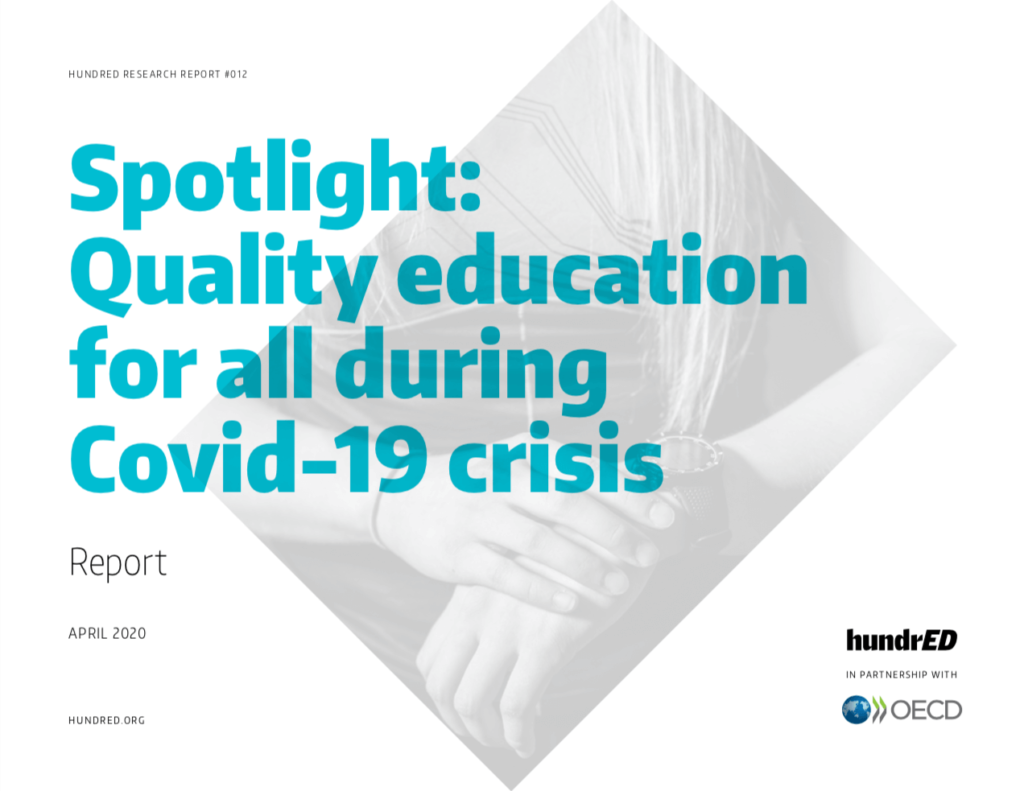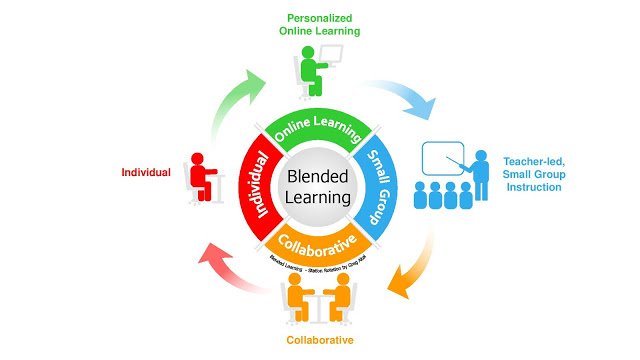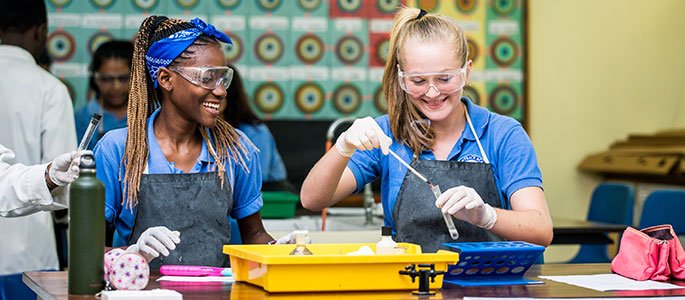
This post was written in August 2020 – just after the government started to ease the lock down.
After consultation the UK government has provided a report on the proposed changes to GCSEs, AS and A-Level assessments in 2020/2021. Click here to check out the PDF – keep reading to get a quick summary so you know what to look for. There’s a lot of technical jargon in there so it is quite a difficult read.
What are the effects of COVID-19 on your education and exams?
The results of a very haphazard approach to delivering online instruction will mean a significant variance in education across the country which ultimately will manifest itself in poor academic performance. The financially challenged and disadvantaged will be impacted the most. Furthermore exams and tests will be delayed and grade boundaries will have to be lowered for national or entrance exams such as; CAT4, 11+, GCSEs, A-Levels. The government has recommended that the 11 plus in particularly be delayed until October / November.
Most schools were closed and conducting online learning for the better part of the third term in the academic year 2019-2020. Teachers needed to come up to speed very quickly in providing online education to all of their children – an almost impossible feat. Most had never taught online so did not understand the pedagogical implications of not being face to face with their students. Handing out a few links and worksheets is simply not good enough and motivation suffered with children not bothering to login and attend. Online pedagogy is in its infancy but most teachers are not aware of how to use the various tools afforded to them.
Secondly children needed to have access to computers, laptops, printers etc.. Many families who struggle financially simply can’t afford to spend 500 pounds for a laptop, printer, along with other consumables such as ink and paper. All this means that learning has suffered with children either not covering the curriculum or not understanding the material.
A lost generation has been created with its effects to last far into the future. This generation has lost out on a third of a year and more than likely will receive below standard instruction for much of 2020 / 2021. Will this be the same for everyone? Of course not, those who are privileged and have the financial ability to do so will have all the equipment required. Others will have online tutors to provide 1-1 tuition. Parents who are capable will have taught and supported their children to ensure they keep up.
What will happen to A-Levels and GCSEs?
The picture below provides a summary of the subjects that will be effected but it is advised to also contact your exam board.
| GCSEs | AS and A-Levels | AS and A-Levels |
| Business Classical Civilization Classical Greek Economics Latin Maths Psychology Religious Studies Sociology | Accounting Ancient History Business Classical Civilisation Classical Greek Computer Science Economics English Language / Literature Futher Maths | History Latin Law Maths Pschology Religious Studies Sociology |
We are not going to return to the way things were before the pandemic so expect a reduced level of face to face teaching. The implications of this is that practical lessons are going to be difficult to conduct and assess – but what you learn will remain the same. The government has decided that although conducting practicals will be difficult this does not mean a reduced curriculum and all students will be expected to have covered the same material as previous years.
Practicals will be conducted through video demonstrations and many teachers this year will have to create these for physics, biology, and chemistry. It’s a good idea to read through the document to be sure of exactly how your course will be effected. There are details of each of different subjects and the changes that will happen – summary below.
The video below from the OCR Exam board – an excellent summary with a good overview of what we know at the moment.
Exam papers are not going to be effected and will be similar in difficulty in both breadth and depth as previous years. The length and timings of the exams also will not be changing. This approach will actually avoid the difficulty of training teachers on a new approach but will put some pressure on students.

The positives are teachers are already accustomed to the material although they will need to work on how best to deliver the material – the coming year looks unlikely to be 100% online or face to face so a blended approach is needed.
How are practicals going to be conducted for GCSE, AS and A-Levels?
Observation of demonstrations and or simulations to cover the required apparatus and techniques will now be permitted. Students will not need to do the required practicals themselves. Not quite sure how this will be implemented but the skills you learn are just as important so some form of practical would still be a good idea.
Subjects such as Maths which do not have any practicals, are not effected but sciences have practicals as an integral part of the course. Observing these practicals will be required for the A level course where the Common Practical Assessment criteria needs to be fulfilled. This practical endorsement is given at the end of the course and implies you still need to do some sort of practical but it will be a minimal level to demonstrate the skills required. What form this will take is unclear.

Most students, as of writing, in Year 12 going on to Year 13 will have already done practical work which will cover most of the requirement. Students starting A Levels will have the most disruption to practicals but there is two years to get some hands-on practical experience so it shouldn’t be too much of a worry. In the end you need to know the same amount of content be it A-Level or GCSE which is important when you move on to further and higher education.
How can students revise for the 2020/2021 Exams?
For some subjects like History, English Literature, and Drama there are a lot more changes but for the Sciences its basically just the practicals. The important thing is they are not going to change the length, number or format of the exam papers, so you can still revise using past papers from 2019 and 2018. Your teachers are already familiar with how to prepare for these style exams and the past papers which are all over the internet are still going to be very useful. For English Literature there will be more choice of questions and for field work in subjects like Geography there’s no requirement to do the field work for Geography. Again check the document for the exact details for your subjects.
Will the Exam Timetable Change for 2020/2021?
This is not confirmed yet and anything can happen in the next 9 months but if the timetable was pushed back this would effect the results and the university application process so it is unlikely if exam dates will be moved. Pushing exams back will also mean less time for teachers to mark the papers – more room for error – grade boundaries will also need to be determined so if results day is even pushed back from mid August to late August since people need to know their GCSE results for college and Sixth Form.
At every level results are required to help students decided on what options they have next. In terms of University those dates are critical and with later exams there is less time to get results organized and exams marked. At the moment there are no dates for the 2021 exams but its likely there won’t be much of change with exams maybe starting at the end of May and continuing into June. The expectation is there more time will be spent teaching in schools to prepare for exams rather than having exam leave for an extended period of time.
If you are in an independent school or grammar school its more likely you are more organized and have resources at home; with higher motivation levels you’re more likely to have been doing online learning and probably better prepared. Unfortunately the comprehensive school children will suffer with the gap increasing – the document hasn’t addressed this reality but effectively these are national exams and it’s very hard to adjust grades and take into account a student’s background and effectiveness based on this.
Tell me what you think. Should exams be leveled based on the learning environment ? (eg. type of school)
